Results
-
 £14.95
£14.95Little Lord Jesus (Soprano Cornet Solo with Brass Band - Score only) - Silfverberg, Niels
This is a fairly simple arrangement of 'Away in a manger' in the form of a solo for soprano cornet and brass band.
Estimated dispatch 7-14 working days
-
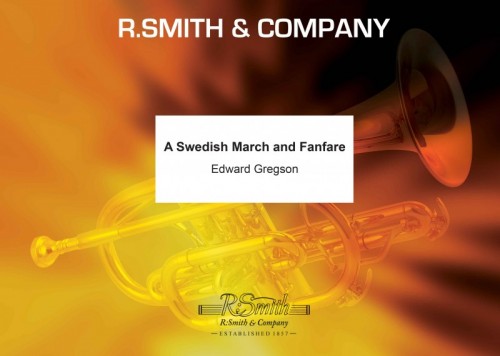 £34.95
£34.95A Swedish March and Fanfare (Brass Band - Score and Parts) - Gregson, Edward
A Swedish March:This little march was written in 1975 and was commissioned for the Jnkping Summer School, Sweden, where Edward Gregson was guest composer and conductor. It incorporates the old Swedish folksong Britta at its heart, but otherwise is quite conventional in every aspect.Duration: 3.00Fanfare:This fanfare was originally written for brass ensemble, organ and percussion, under the title Fanfare for Europe, and was commissioned for a concert at the Royal Albert Hall, London, to celebrate Great Britain's entry into Europe. The composer then created this version for brass band which was published in 1976.Duration: 1.30
Estimated dispatch 7-14 working days
-
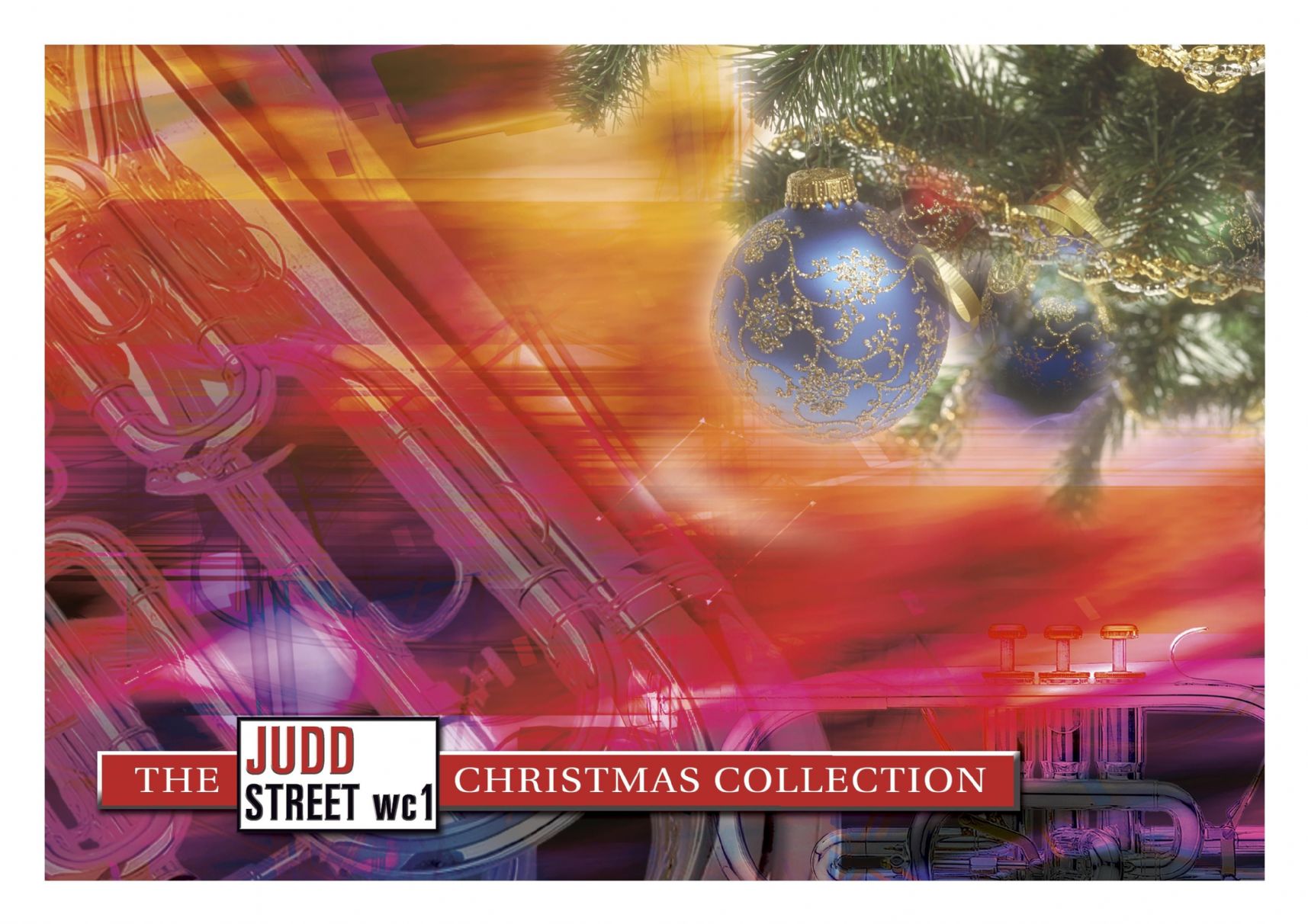 £29.95
£29.95Judd: Little Lord Jesus
This is a fairly simple arrangement of 'Away in a manger' in the form of a solo for soprano cornet and brass band.
Estimated dispatch 7-14 working days
-
 £32.55
£32.55O Little One Sweet (Brass Band) J.S Bach arr. Andrew Wainwright
This delightful German lullaby-carol first appeared in print in Samuel Scheidt's Tablaturbuch of 1650, though it may have been written before then, either by Scheidt himself or by an unknown author. J. S. Bach's version (in the form of a melody and figured bass) was included in Schemelli's Gesangbuch of 1736, and it is that which this arrangement for brass band by Andrew Wainwright is based on. This setting includes all four verses. To view a rolling score video of the work please visit https://www.youtube.com/watch?v=YryayLe_uJo Duration: Approx. 3.45 minutes Difficulty Level: 4th Section + PDF download includes parts and score. Sheet music available from www.brassband.co.uk (UK) or www.cimarronmusic.com (USA) Instrumentation: Soprano Cornet Eb Solo Cornet Bb Repiano Cornet Bb 2nd Cornet Bb 3rd Cornet Bb Flugel Horn Bb Solo Horn Eb 1st Horn Eb 2nd Horn Eb 1st Baritone Bb 2nd Baritone Bb 1st Trombone Bb 2nd Trombone Bb Bass Trombone Euphonium Bb Bass Eb Bass BbTimpani
In Stock: Estimated dispatch 1-3 working days
-
£35.00
Have Yourself a Merry Little Christmas - Blane, R & Martin, H - Griffiths, D
This cherished song first appeared in the 1944 MGM musical Meet me in St Louis, when Judy Garland's character sung the song to her five-year old sister to cheer her up. This new arrangement is a sumptuous slow jazz trombone solo, as played by Chris Thomas on Cory's latest Christmas CD4th section +Duration 4 mins
In Stock: Estimated dispatch 1-3 working days
-
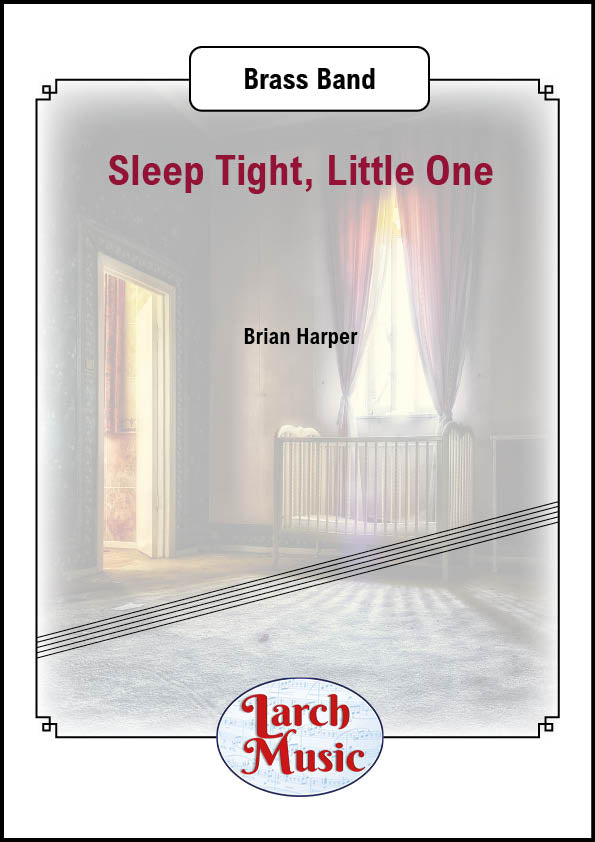 £25.00
£25.00Sleep Tight, Little One (Lullaby) (Brian Harper) - Brass Band Full Score & Parts - LM238
COMPOSER:Brian HarperA great addition to the brass band repertoire from Brian HarperAn original composition for brass band
In Stock: Estimated dispatch 3-5 working days
-
 £54.99
£54.99This Little Light - Gawan Roberts
This well-known gospel melody gets a swing make-over.
Estimated dispatch 5-14 working days
-
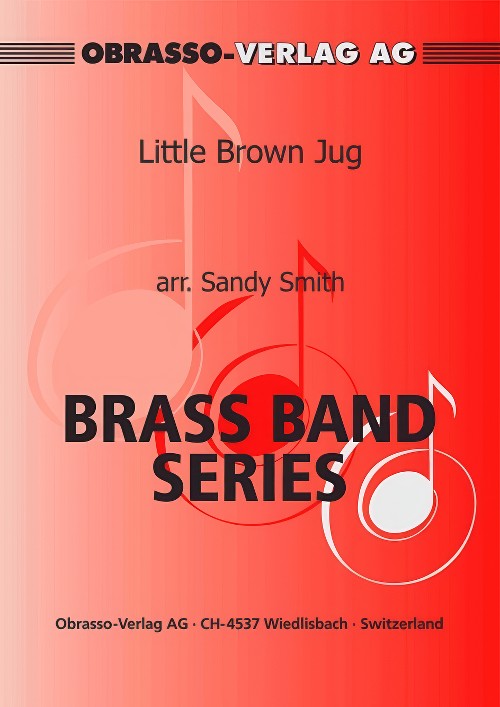 £59.70
£59.70Little Brown Jug (Brass Band - Score and Parts) - Smith, Sandy
A great jazz standard skillfully arranged for Brass Band
Estimated dispatch 7-14 working days
-
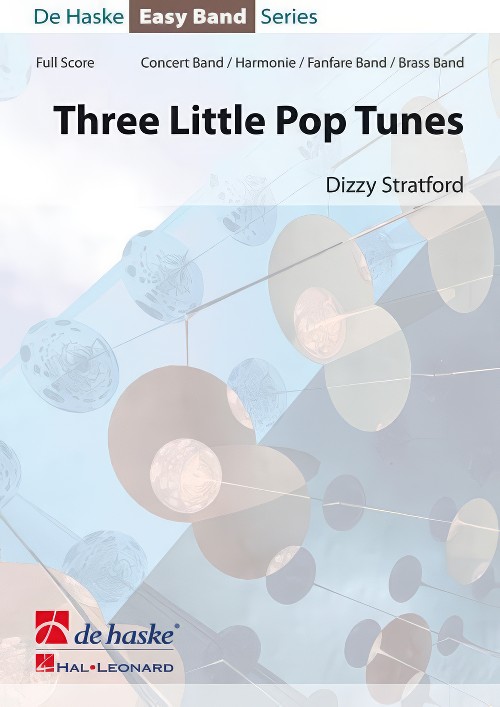 £60.99
£60.99Three Little Pop Tunes (Brass Band - Score and Parts) - Stratford, Dizzy
Great melodies in a versatile context. One of the most performed pieces of Dizzy Stratford of all time!Duration: 7.00
Estimated dispatch 7-14 working days
-
 £42.95
£42.95SANTA'S LITTLE HELPERS (Trombone Trio/Brass Band) - Barry, Darrol
With a gentle 'jazz waltz' tempo, the trombone section lead the way with this jolly arrangement.
Estimated dispatch 7-14 working days

